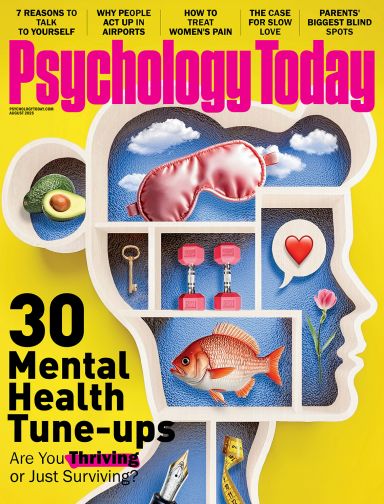From eccentric and introverted to boisterous and bold, the human personality is a complex and colorful thing. Personality refers to a person's distinctive patterns of thinking, feeling, and behaving. It derives from a mix of innate dispositions and inclinations along with environmental factors and experiences. Although personality can change over a lifetime, one's core personality traits tend to remain relatively consistent during adulthood.| Psychology Today
Boredom is at once both easy to identify and difficult to define. A small but growing collection of scientists have devoted their research to boredom, and some conceive of the state as a signal for change. Boredom indicates that a current activity or situation isn’t providing engagement or meaning—so that the person can hopefully shift their attention to something more fulfilling.| Psychology Today
The study of politics draws from the knowledge and principles of political science, sociology, history, economics, neuroscience, and other related fields to examine and understand the political behavior that ultimately informs government policy and leadership. Exploring these relationships can help us understand how we act collectively, govern ourselves, make political decisions, resolve conflict, and use and abuse power, all of which reflect our deepest fears at least as much as our aspirati...| Psychology Today



